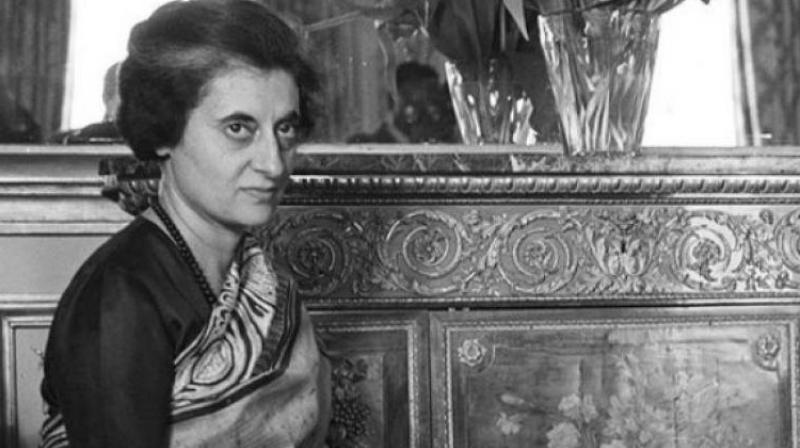The Speaker’s impartiality is indispensable

Erskine May’s A Treatise upon the Law, Privileges, Proceedings, and Usage of Parliament has been regarded as the unquestioned guidebook on the subject since it was published in 1844. It emphatically says, “Confidence in the impartiality of the Speaker is an indispensable condition of the successful working of procedure, and many conventions exist which have as their object not only to ensure the impartiality of the Speaker but also to ensure that his impartiality is generally recognised. He takes no part in debate either in the House or in committee. He votes only when the voices are equal, and then only in accordance with rules which preclude an expression of opinion upon the merits of a question. Until recently, his seat was often uncontested at a general election.”
In India, this “indispensable” condition ceased to exist years ago. No one was surprised when Karnataka’s governor resigned in July after the government’s defeat on a motion of no-confidence. Bahujan Samaj Party founder Kanshi Ram realistically insisted, in a power-sharing pact with the BJP in Uttar Pradesh, that along with the transfer of power to the ally halfway during the government’s term, the office of the Speaker should also be filled by one from the party to which power is now transferred.
Truth be told, India never quite accepted the Speaker’s political independence. In 1937, after the first election under the Government of India Act, 1935, Hindu communalist Purushottam Das Tandon was elected Speaker in UP. The question arose whether he should resign from the Congress. Both Gandhi and Nehru opined against it.
In 1946, when the Central Legislative Assembly met for the first time after a general election, the Muslim League and some others proposed Sir Cowasji Jehangir for the chair. The Congress put up a regular party man, G.V. Mavalankar, who won. In 1954, as the Lok Sabha’s first Speaker under the new Constitution, he faced a no-confidence motion proposed by over 50 MPs. It was defeated because Nehru backed him. Those who came after followed in Mavalankar’s tradition of partisanship. Two Speakers disgraced the office by descending to sit as ministers on the government benches; G.S. Dhillon and Balram Jakhar.
In 1967, Madhu Limaye wrote to Indira Gandhi with a proposal for securing the Speaker’s impartiality. The Speaker must, upon election, resign from his party and declare his impartiality in the House. While in office, he should abstain from participation in controversies and should contest elections only as a non-party candidate, while other parties should not put up a candidate against him. After retirement, he should be given pension for life and barred from holding any public office, save as President.
That reform is very necessary. But the first step should be to remove the Speaker as judge in cases of defection. Following Indira Gandhi’s assassination in 1984, Rajiv Gandhi rode to power with a huge majority in the Lok Sabha. The first thing he did was to erect a fence around his majority in the guise of an anti-defection law, enacted as the 10th Schedule to the Constitution. It made the Speaker — not the high court or the Election Commission — the judge to rule on disputes. The Speaker, a party loyalist already, now became part of the sordid contest for power. The last three decades and more since have revealed the depths to which they could stoop.
One doctrine deserves seedy burial: The Speaker’s office is a gift in the hands of the ruling party. In November 1994, the Economist wrote: “Over the grey men, the placemen and the hired men who characterise the present House of Commons, a star shines. Betty Boothroyd, the Speaker, dominates a difficult House to a degree that her immediate predecessors never attained.” She was elected in 1992 with the Conservatives’ support though she belonged to the Labour Opposition, because 74 Tories rebelled, with reason, against the idea of a politician who’d had just left the Cabinet — Peter Brooke — becoming Speaker.
In India, the Economist’s words would be seen as Speakers’ violating parliamentary privilege.
Erskine May erred on the side of restraint. Confidence in the Speaker’s impartiality is not only indispensable for the successful working of Parliament, it is also indispensable for the successful working of democracy itself. Partisan Speakers have ensured that the party in power, to which they belong, escapes accountability.
The Speaker wields enormous powers: to cite one — to decide whether an adjournment motion should be admitted. This is an effective mechanism to ensure accountability — Speakers have blunted it.
By arrangement with Dawn

